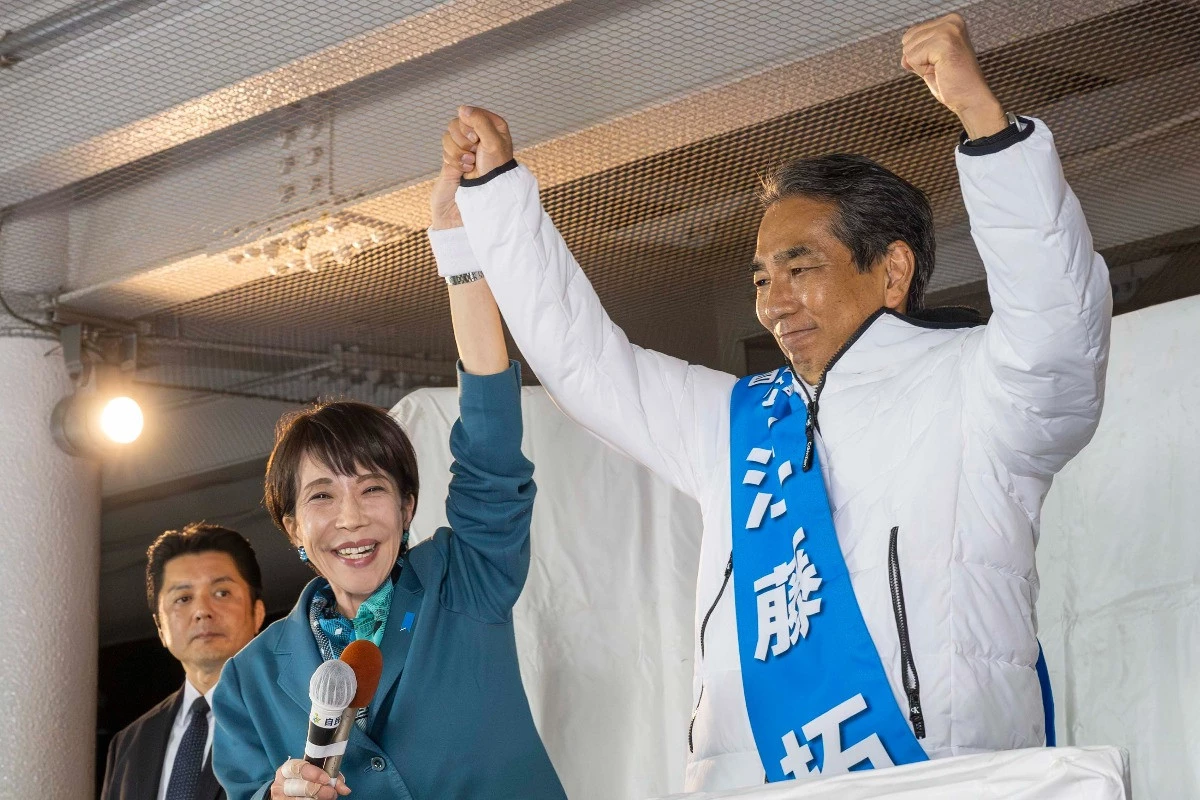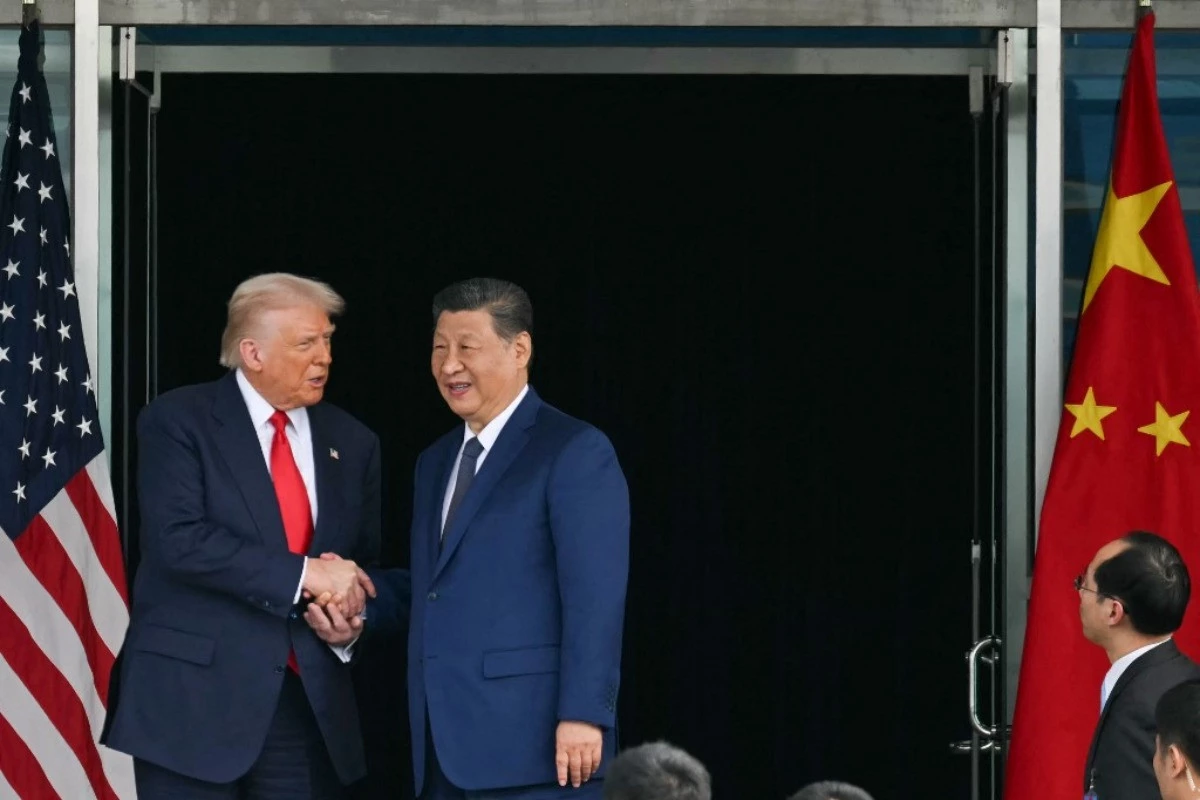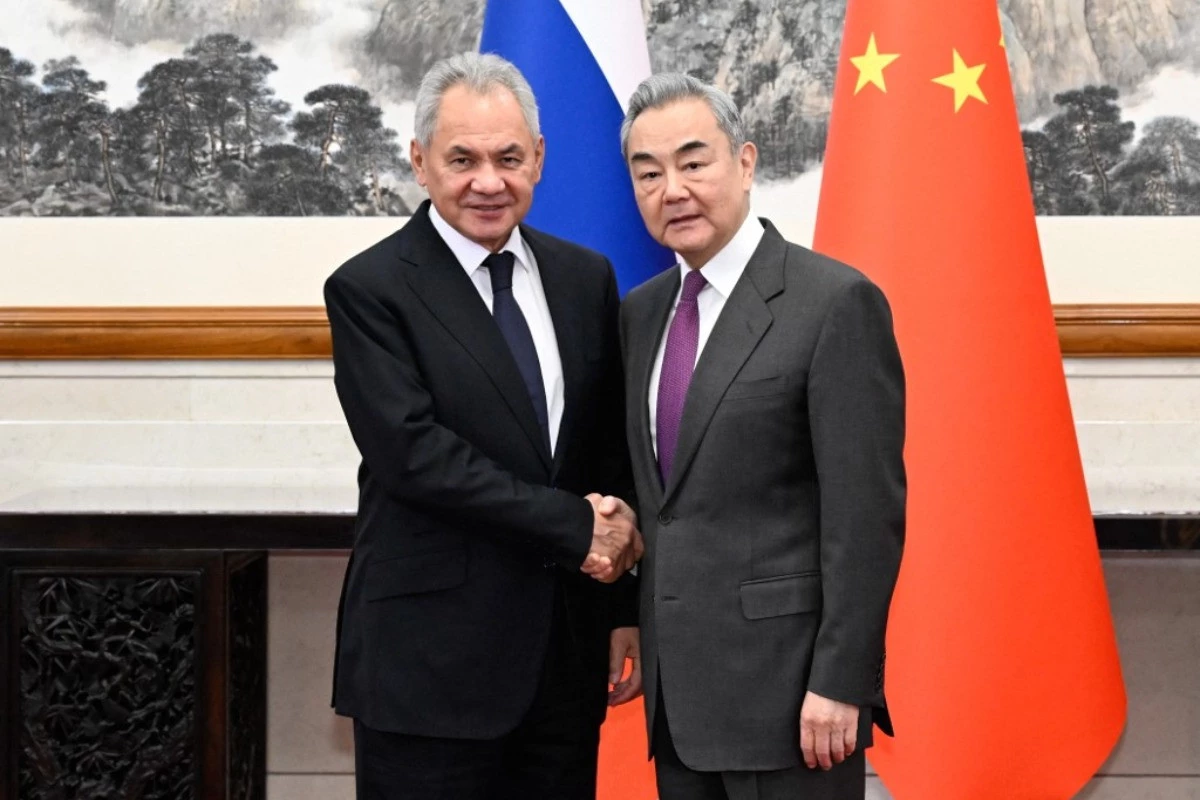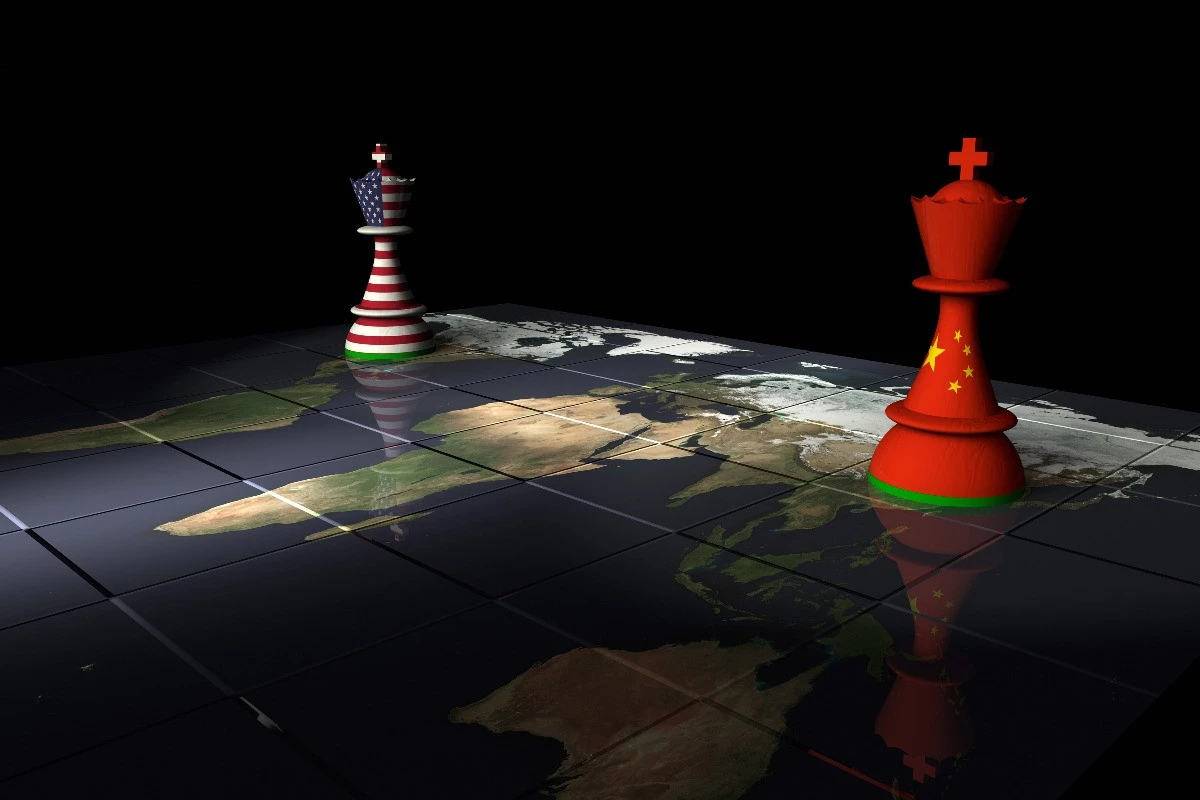
Japan’s Liberal Democratic Party (LDP) won a historic victory in the snap lower house election held on 8 February, securing more than a two-thirds majority of seats on its own.

Chinese President Xi Jinping said on Wednesday that he hopes to work with U.S. President Donald Trump in the new year to steer the giant ship of China-U.S. relations steadily forward through wind and storms, and accomplish more big things and good things.

China's top diplomat Wang Yi met with Sergei Shoigu, secretary of the Russian Federation Security Council, in Beijing on Sunday.
